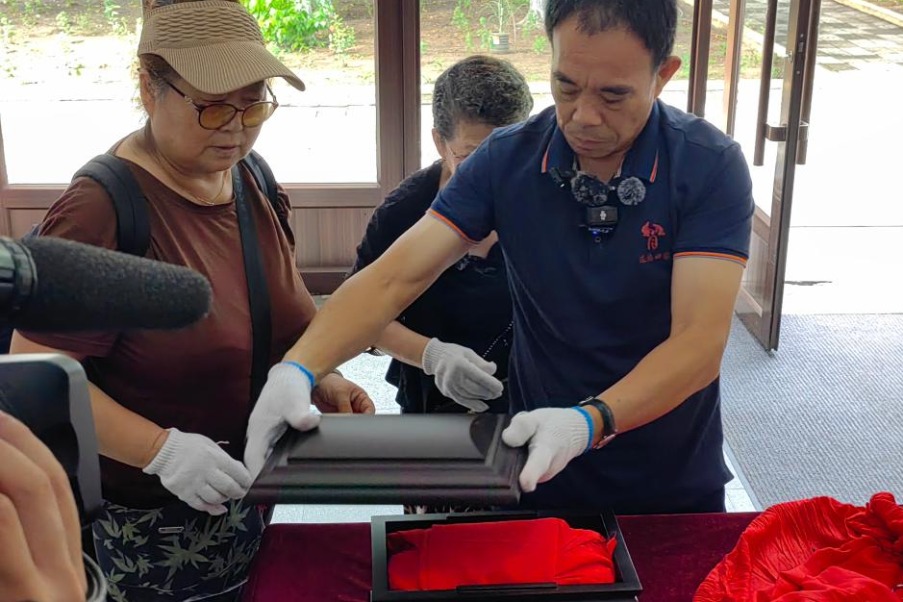East Asia supply chain cooperation urged


China, Japan and the Republic of Korea should look beyond their differences and work more closely to promote economic growth, boost their economic resilience, and amplify their collective voice on the world stage in the face of global uncertainties, further compounded by rising trade protectionism, participants in the 2025 International Forum on Regional Cooperation and Development of China, Japan and the ROK said in Beijing on Friday.
Lee Hee-sup, secretary-general of the Trilateral Cooperation Secretariat, said in his speech that challenges and opportunities including climate change, rapid advancement in artificial intelligence, and demographic shifts are reshaping industries.
"Exclusive competition leads to shared decline, while cooperation with a sense of common destiny opens the way to shared prosperity," Lee said. "This would stand as the only real alternative to innovation ecosystems led by the European Union and the United States."
A study released at the forum concluded that the three East Asian countries' industrial cooperation can strengthen regional resilience, because Japan's materials, the ROK's chip sector and China's manufacturing and market are highly complementary.
Together, the three countries account for nearly a quarter of global GDP and one-fifth of global trade. The Regional Comprehensive Economic Partnership has lowered tariffs and improved connectivity, but the experts argued that a trilateral free trade agreement would go further, locking in supply chains and giving East Asia greater weight in shaping global rules.
If the three neighbors were to combine their strengths, they could set 45 percent of global AI standards and account for one-third of clean energy technologies by 2030, Lee said.
Lee's call for shared prosperity was echoed by the Chinese side, with Zhao Gang, vice-president of Beijing Foreign Studies University, saying the three countries form one of the most dynamic economic regions in the world. "As neighbors ... their cooperation has the potential to reshape the global economic order," he said.
Despite the challenges in collaborating on cutting-edge science and technology, a case study shows cooperation is essential. "By working together, we can reduce the costs associated with exploring optimal combinations and share successful outcomes. Moreover, collaboration is crucial for surviving the uncertainties of technological innovation", said Jun Youn Kim, chief representative of the Korea-China Science and Technology Cooperation Center.
For Osamu Onodera, director of the Beijing Representative Office at the Japan External Trade Organization, the trilateral effort fits into a wider Asia-Pacific vision of an "open, dynamic, resilient and peaceful community".
Jointly held by Beijing Foreign Studies University and China Daily, the 2025 International Forum on Regional Cooperation and Development of China, Japan and the ROK brought together experts and opinion leaders from the three countries. Their speeches underscored both the urgency of cooperation and the challenges ahead, as the three countries navigate a turbulent global economy.




































